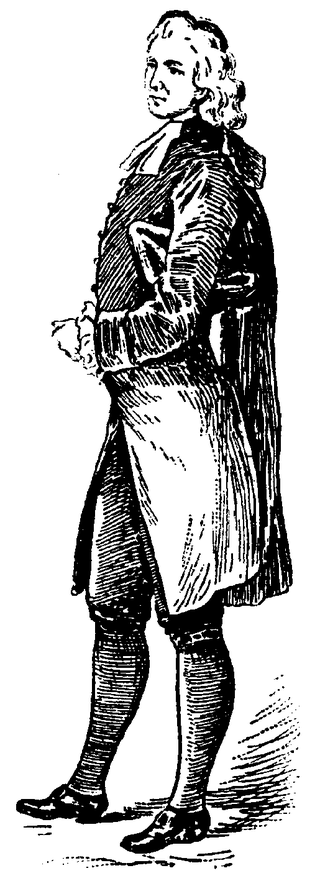Top Qs
Timeline
Chat
Perspective
Abbé
Title for lower-ranking Catholic clergy in France From Wikipedia, the free encyclopedia
Remove ads
Abbé (from Latin abbas, in turn from Greek ἀββᾶς, abbas, from Aramaic abba, a title of honour, literally meaning "the father, my father", emphatic state of abh, "father")[1] is the French word for an abbot. It is also the title used for lower-ranking Catholic clergy in France who are not members of religious orders.[2]

Remove ads
History
A concordat between Pope Leo X and King François I of France (1516)[3] gave the monarchs of France the right to nominate 255 commendatory abbots (abbés commendataires) for almost all French abbeys, who received income from a monastery without needing to render service, creating, in essence, a sinecure.[4]
From the mid-16th century, the title of abbé has been used in France for all young clergy, with or without consecration.[2] Their clothes consisted of black or dark violet robes with a small collar, and they were tonsured.[4]
Since such abbés only rarely commanded an abbey, they often worked in upper-class families as tutors, spiritual directors, etc.;[2] some (such as Gabriel Bonnot de Mably) became writers.[4]
Clerical oblates and seminarians of the Institute of Christ the King Sovereign Priest also have the honorific title of abbé.
Remove ads
See also
Notes
References
External links
Wikiwand - on
Seamless Wikipedia browsing. On steroids.
Remove ads